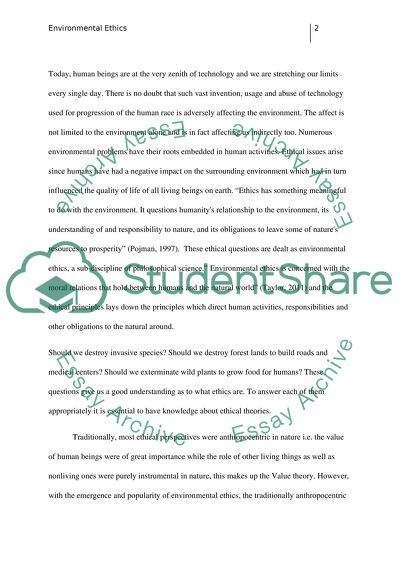Cite this document
(“Environment ethic Research Paper Example | Topics and Well Written Essays - 1500 words”, n.d.)
Environment ethic Research Paper Example | Topics and Well Written Essays - 1500 words. Retrieved from https://studentshare.org/environmental-studies/1468935-environment-ethic
Environment ethic Research Paper Example | Topics and Well Written Essays - 1500 words. Retrieved from https://studentshare.org/environmental-studies/1468935-environment-ethic
(Environment Ethic Research Paper Example | Topics and Well Written Essays - 1500 Words)
Environment Ethic Research Paper Example | Topics and Well Written Essays - 1500 Words. https://studentshare.org/environmental-studies/1468935-environment-ethic.
Environment Ethic Research Paper Example | Topics and Well Written Essays - 1500 Words. https://studentshare.org/environmental-studies/1468935-environment-ethic.
“Environment Ethic Research Paper Example | Topics and Well Written Essays - 1500 Words”, n.d. https://studentshare.org/environmental-studies/1468935-environment-ethic.


